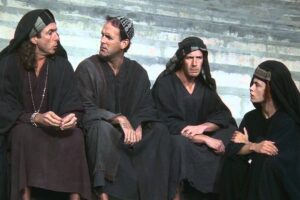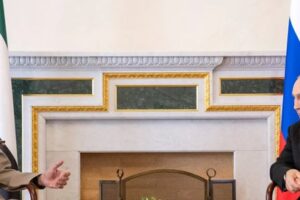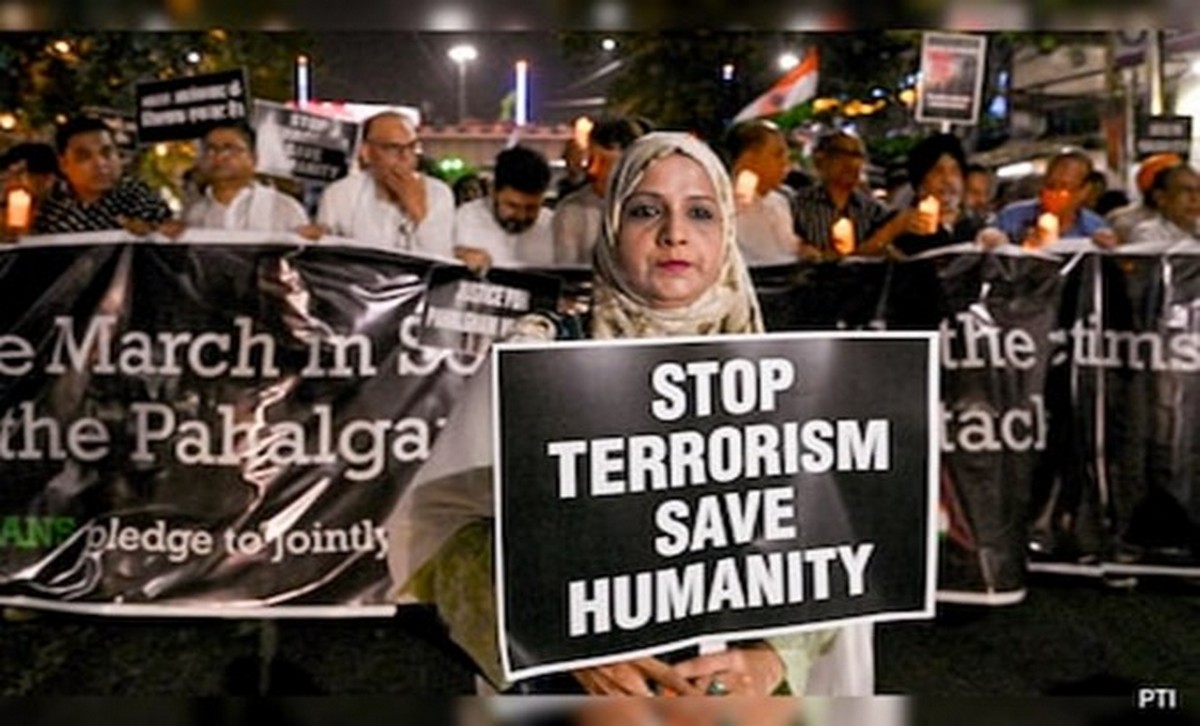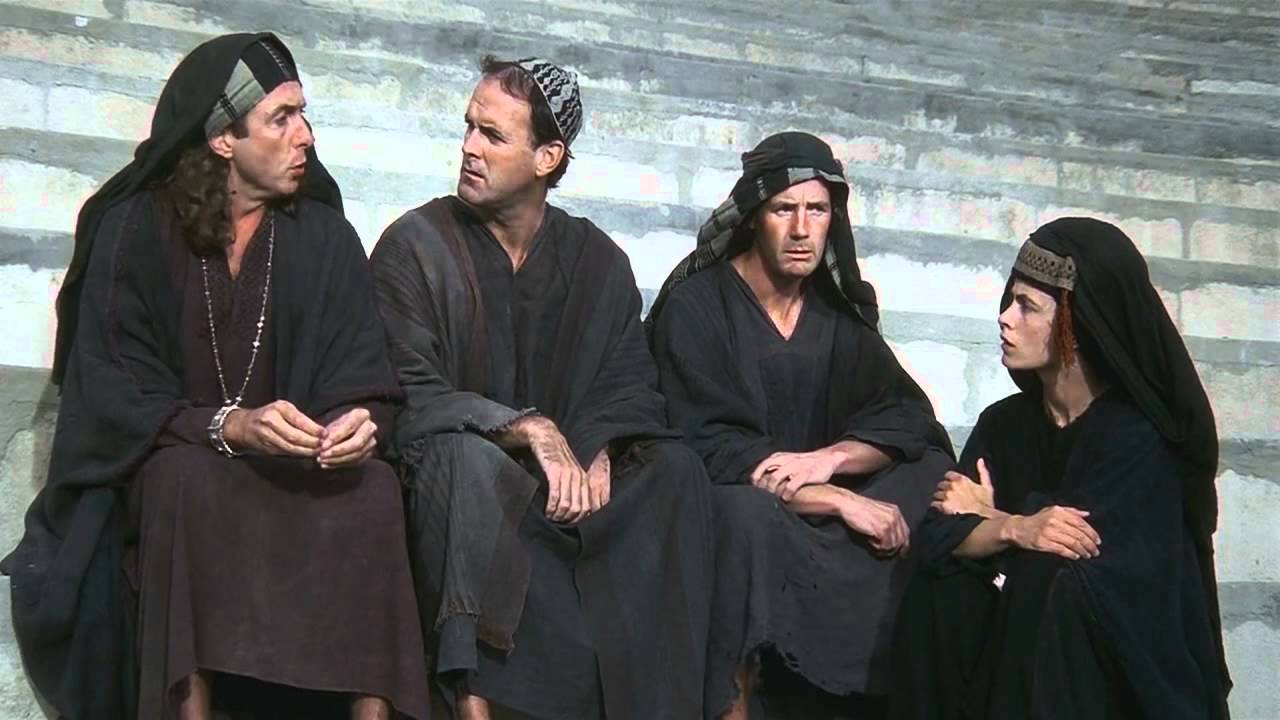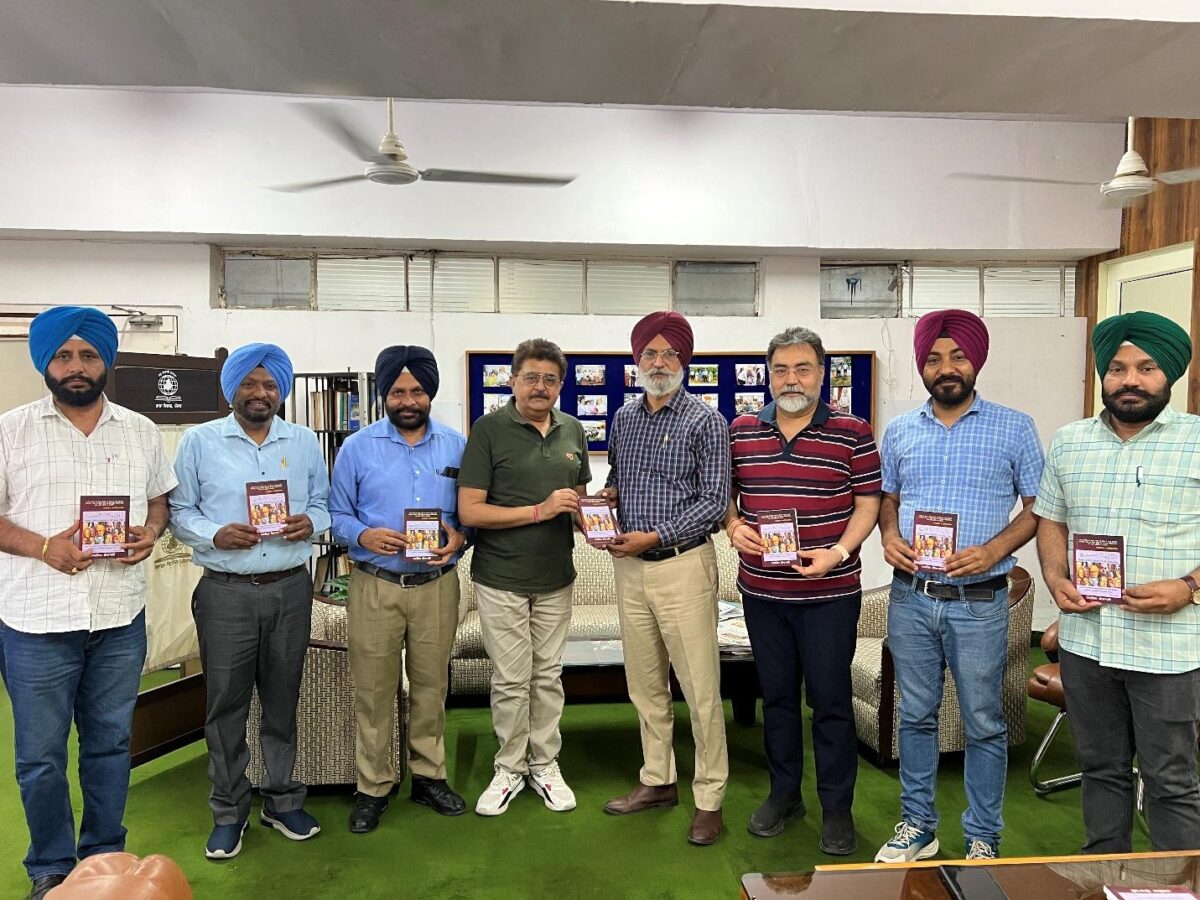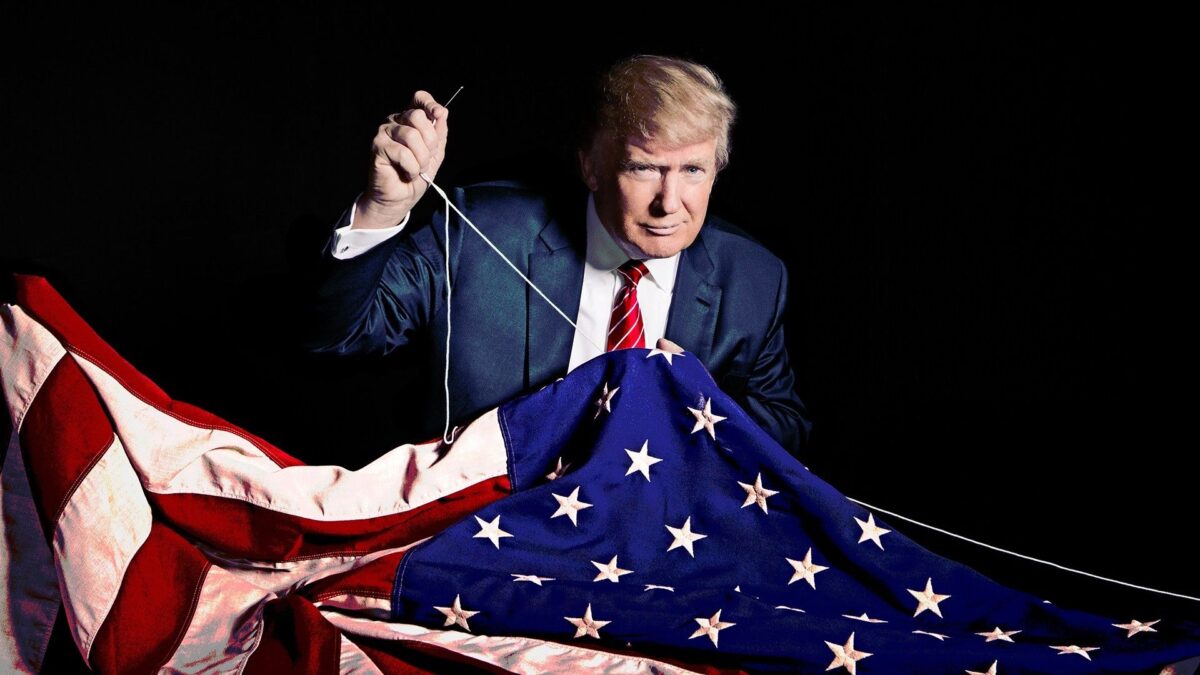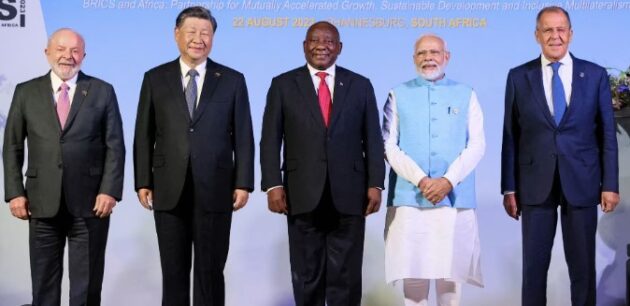
In a world turned upside down, there are those who find inspiration in the unlikeliest of places. Who would have thought that Russia, often seen as a blood-soaked tyranny, could become an unexpected ally? And Vladimir Putin, once regarded as a villain, now finds himself transformed into a role model for a certain group of enthusiasts. But who are these individuals with such a twisted view of the world? It seems there are more of them than we’d like to believe.

Russia
As
continues its controversial actions, including what seems like yet another extrajudicial killing – this time of Yevgeny Prigozhin – the Brics countries gather in South Africa, discussing their club’s newest members. The Brics, a curious conglomerate with no clear geographical or cultural commonality, emerged from the acronym crafted by Goldman Sachs to represent the chief developing economies: Brazil, Russia, India, and China. With South Africa’s inclusion, the “S” was added, but its purpose remains rather obscure.
What’s truly intriguing is Russia and China’s perspective on the Brics bloc. They view it as a counterweight to Western institutions such as Nato, the IMF, and the G7. Interestingly, anti-Western sentiment runs deep enough that even when Russia breaks treaties and invades a nation it vowed to protect, some manage to convince themselves that Nato was the instigator.
Vladimir Putin, the controversial figure with a laundry list of accusations, couldn’t attend the meeting due to an International Criminal Court warrant hanging over his head. Yet, he addressed the gathering remotely, expressing his perspective on the Ukraine conflict. To accuse others of colonialism while simultaneously annexing territory from an unthreatening neighbor takes a certain level of audacity. However, Putin has masterfully portrayed himself as the champion against Western cultural dominance – a stance that oddly resonates with both the Right and the Left.
This isn’t a new tune; it’s a melody sung by historical villains like the Nazis and the Soviets. Strangely, it still finds receptive ears in regions conditioned by Cold War-era narratives. The echoes of Lenin’s influential work, “Imperialism: The Highest Stage of Capitalism,” still linger, despite more than a century passing since its creation. Soviet propagandists successfully peddled the idea that the West’s wealth was built on plunder, a notion that seeped into textbooks in newly independent nations and influenced today’s leaders in the Global South.
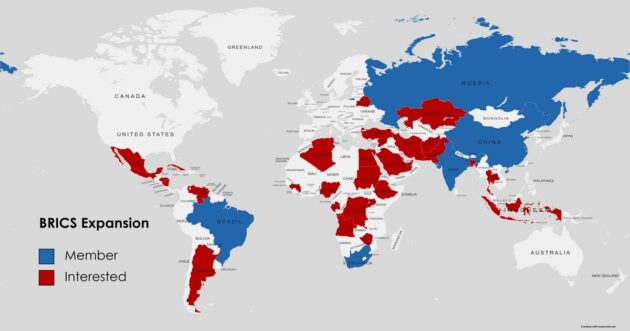
But this view is far from reality. Colonialism wasn’t the golden ticket to riches; it actually drained European treasuries. Britain, for instance, peacefully granted independence to most of its former colonies. It’s ironic that as memories of British rule fade, anti-colonial sentiment grows stronger among those who never experienced it firsthand.
Now, the focus shifts to Russia’s recent string of state-sanctioned murders, revealing a darker side to the regime. These targeted killings have taken the lives of magnates, opposition figures, investigative journalists, and even innocent individuals. Some even speculate that the 1999 Russian apartment bombings, credited to Chechen separatists, could have been a ploy by the FSB (successor to the KGB) to propel Putin into power. The regime’s actions during the 2002 Moscow theatre siege only reinforce the disturbing values it espouses.
Surprisingly, this is the regime that gains admiration, not only from the Brics nations but also from those further afield. Polls conducted by Russian democracy activists based in Lithuania reveal a startling trend: Putin is seen as a murderer in former Soviet satellite states, yet admired as a strong leader in France and Germany.
Blame-shifting towards the US and the West isn’t without consequences. As performative wokery gains traction, other nations take note. By painting the Anglosphere as a source of global woes, some individuals might turn to alternative systems. While they may come to miss the tenets of Western liberalism, their realization will offer little consolation once the change is complete.









